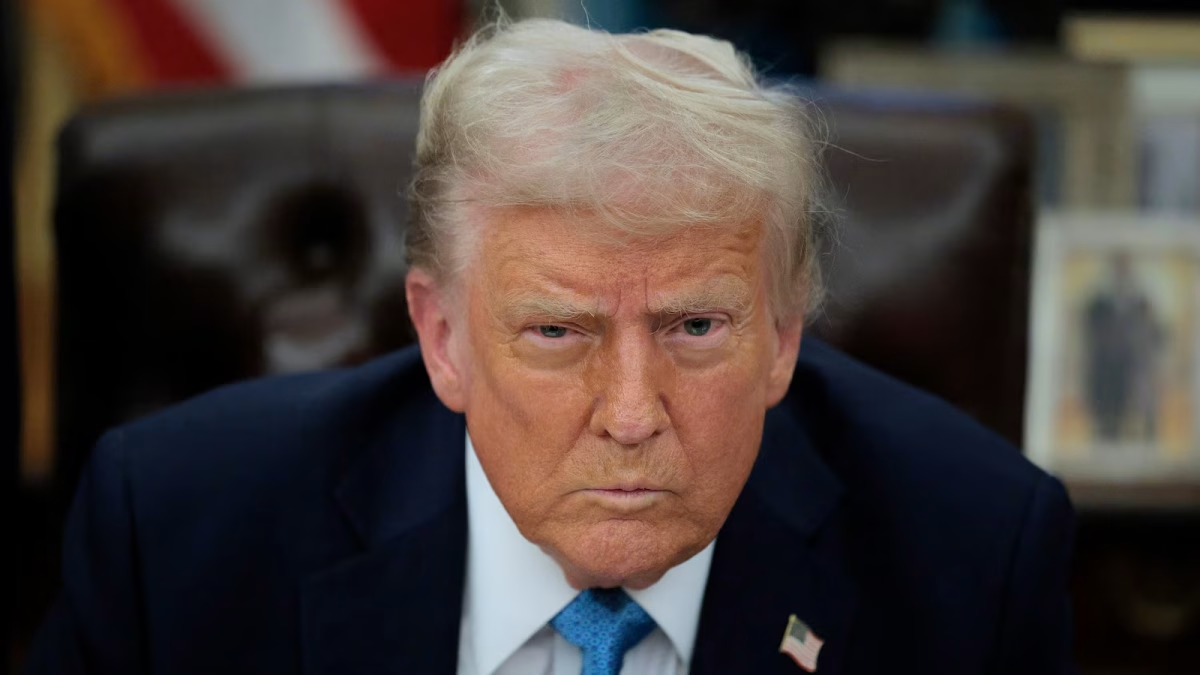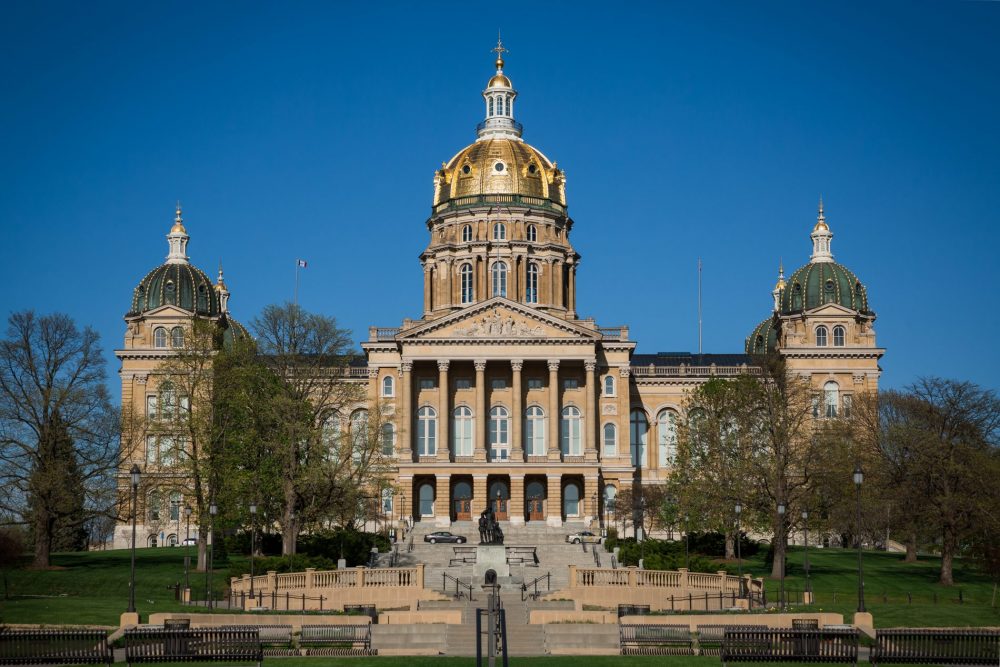As a Political Science professor, my classes often touch on current events. I lean into controversial topics by providing my professional, fact-based perspectives. Last week, I mentioned Rumeysa Ozturk, the Turkish graduate student from Tufts University who was arrested by masked ICE agents. After class, a student asked if I could talk for a minute. Once we had a little privacy, this international student asked me if they should fear deportation too. This is an excellent student, in good standing with the university and with all of the proper documentation to study at UNI as an international student. Until recently, this would have been an absurd question, but the government has arbitrarily revoked the student visas for hundreds of international students in recent weeks. The government isn’t claiming they committed crimes, or that they didn’t have proper documentation. They did nothing illegal, and none of them have been given trials or criminal charges. They’re just being held in detention facilities or deported, mid-semester.
I told this student that I thought it was not likely, but it is a real possibility. I encouraged them to be careful of what they say or write – whether online, in private communications, or in the classroom. It was shocking and nauseating to have to say this, but it was the most sincere advice I could give to keep this student safe. I then realized that this student had already begun self-censoring. Though talkative, and a valuable contributor to class discussion at the beginning of the semester, I realized that they hadn’t raised their hand in weeks.
I’ve lived and travelled in countries where people live in fear of being arrested and imprisoned for something they said, but I never imagined that this would happen in the United States. My mind flashed with historical images of concentration camps, forced disappearances, and scenes from Orwell’s classic novel, 1984.
Here’s why it matters. 1) If we want to think of ourselves as democratic, humane, and meritocratic, then we have to walk the talk. Meritocracy, by the way, is Trump’s explanation for killing DEI initiatives across the country. 2) International students pay higher tuition than resident students, which now includes Iowa and all of its neighboring states. In fact, non-residents’ tuition rate is 250% of residents’ tuition. Non-residents subsidize residents’ education. 3) International students bring perspectives to the campus that simply can’t be replicated in any other way. 4) Foreign nationals who are educated in the US are more likely to think and act like Americans. This strengthens democratic norms around the world, capitalism, human rights protections, and much more – all of which benefits the US.
For a university that is scrapping and hustling every year to recruit students, it seems like the upper administration should be going out of its way to assure the nearly 200 international students on campus that the university is doing its best for them. But it isn’t. As far as I can tell, or any other staff and faculty I’ve talked to, the university isn’t doing anything.
To be fair, there are some risks involved, given what we’ve seen happen at Columbia University, or Tufts, or dozens of others. But abandoning students on the threat of funding cuts is short-sighted, cowardly, and unethical. The University President’s job is to protect the interests of the university and make hard decisions. It isn’t an easy job, but that’s why President Nook is paid $372,000 per year. In a recent interview with Iowa PBS, Nook said his goal was to make sure “we could support every single student … and make sure they’ve got what they need to be successful”.
It’s time to step up, President Nook. UNI can’t afford to lose our international students, but unless you do something, many of them won’t come back in the fall. More importantly, your unwillingness to protect these students will become part of UNI’s brand. That’s not a brand with which many of us on campus want to be associated.













